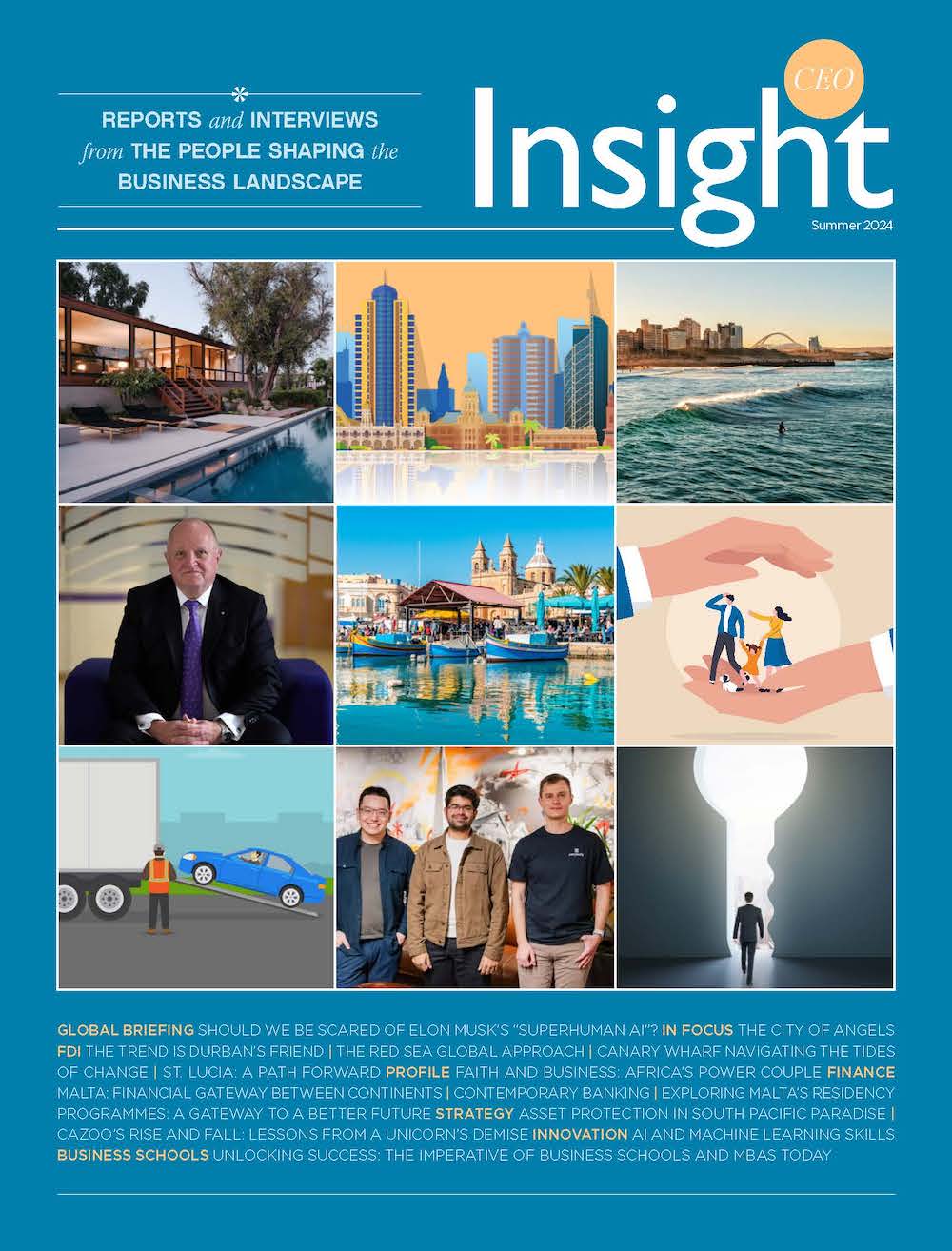Cash reserves of EMEA’s listed companies hit new high – but ‘pivot point’ will herald wave of investment
Share

· Listed companies in EMEA have almost €1tn in cash, up from €714bn in 2007
· 59% of major businesses in this region will invest in the next 12 months
· Training and development is the investment priority as companies seek to boost productivity
· EU and North America to attract most investment as interest in BRICs cools
Listed companies across Europe, the Middle East and Africa have built up cash reserves of almost €1 trillion (€963 billion), according to a new report by Deloitte. The 1,200 listed companies in the region have added a further €47 billion to this surplus in the last 12 months alone, whilst the total has increased by around €250 billion since 2007. More than 75% of this sum is held by just 17% of companies, mirroring the global trend where around a third of companies hold 80% of the $3.53 trillion in cash reserves.
In addition to analysing publicly available data for listed companies, Deloitte also surveyed 271 C-level executives at listed (73 respondents) and non-listed companies (198 respondents) in 14 countries. The analysis of listed companies’ cash positions is supported by this survey, with 77% of respondents reporting a cash surplus in 2014, with 20% holding more than €250m.
This suggests that both listed and non-listed companies across EMEA have been behaving in a similar fashion, preserving their cash instead of investing. This is a radical change since the financial crisis and a behaviour which looks set to stay. It comes at a time when business competitiveness in Europe appears to be under threat. Since 2010, a net balance of 41 European companies has exited the Global Fortune 500, the sharpest fall on record.
Chris Gentle, head of research, EMEA, said: “Our research found that the leaders of many companies expect double digit revenue growth in the years to come, yet continue to focus much of their efforts on the Eurozone, a region identified by most as having relatively low growth prospects. With growth in EMEA subdued, we believe companies will need to invest significantly, both organically and inorganically, to achieve their ambitions.”
Iain Macmillan, head of M&A at Deloitte UK, added: “Although we have seen an upturn in the level of merger and acquisition activity globally, in Europe M&A activity continues to lag behind. If European companies want to achieve double digit growth, then they need to consider M&A activities as part of their growth strategy. Our study on cash shows companies that are taking a more bullish stance on growth and spending their cash on M&A and capital expenditure are reaping the benefits through enhanced share price performance.”
59% of our survey intend to invest some of their reserves this year, whilst 31% say their focus will be on continuing to strengthen the balance sheet. Of those companies intending to invest, 54% say that growth will be the primary focus of their investment strategy in the next 12 months. However, one in five companies’ investments will be directed at maintaining existing assets. Staff training and development is seen as an investment priority by 69% of companies, with the same proportion feeling likewise about investing in new markets and 64% intending to invest in new technology.
Gentle said: “Our research suggests that the majority of large businesses across EMEA have reached a pivot point in their attitude to investing, with the impetus to use their cash reserves for growth increasing all the time. However, confidence remains brittle and it is likely that such activity will return gradually. There is a paradox in Europe between the firepower its companies have to invest and the ongoing requirement of the European Central Bank to announce a new stimulus package as happened earlier this month.
“The focus on training and development is intriguing. Faced with an aging workforce business leaders seem set on addressing the challenge of increasing productivity to enhance competitiveness. Firms hope that by investing heavily in their workforce, they will see a boost to productivity and in turn grow. This is a major shift from the past 10 to 15 years where the focus has been less on the impact of human capital and more on technological and business process innovation.”
Our analysis shows that EMEA businesses see their home markets as critical. 35% of our respondents are set to make investments inside the EU in the next 12 months, followed by North America (27%) and China (21%). In contrast, 13% of companies will invest in Brazil, 8% in India and just 4% in Russia.
Gentle commented: “It is essential for businesses to pursue growth on both front, in their region and in the high growth markets. Much of the talk after the financial crisis was of the growth opportunities offered by the BRICs, but it is clear that business leaders are adopting a more subtle, portfolio approach, mixing mature and emerging market opportunities.”



























